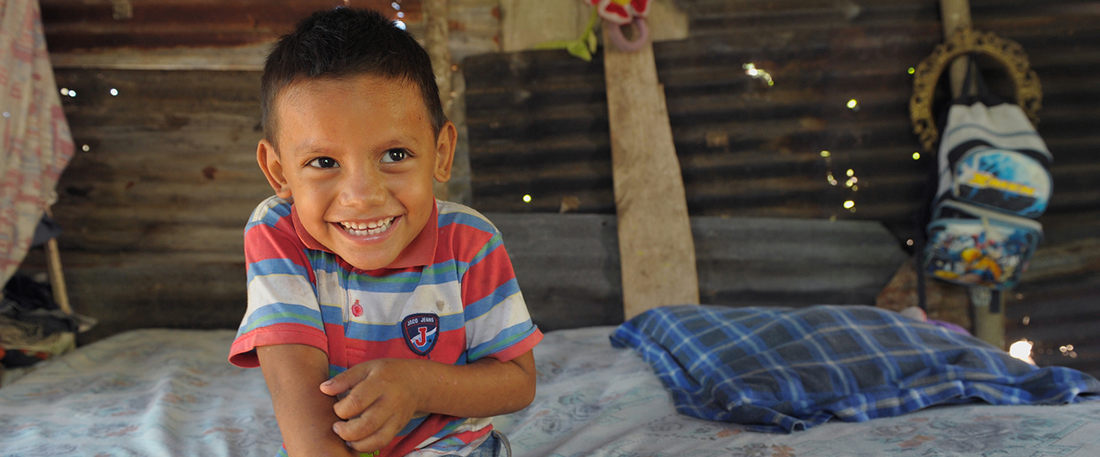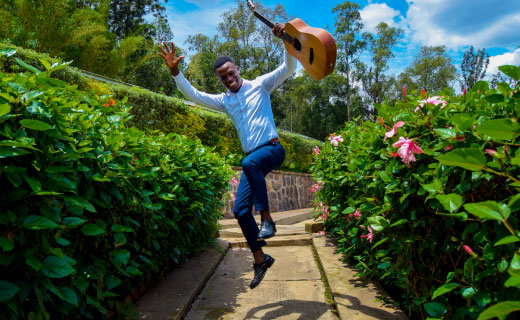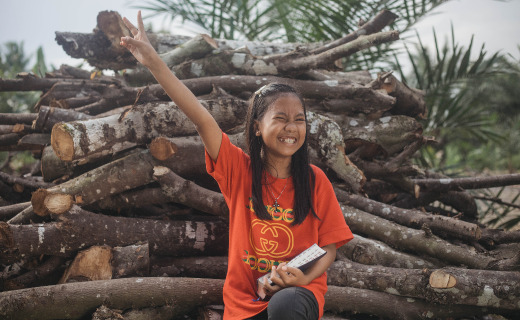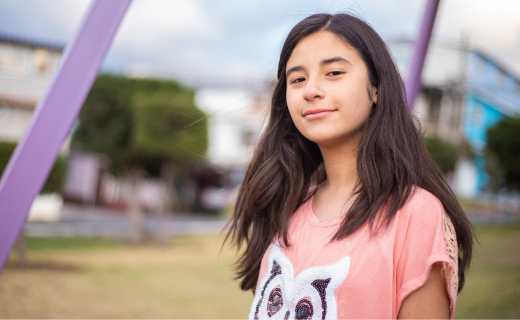Honduras
Capital City: Tegucigalpa
Population: 8.74 million
Life expectancy: male 69.34 years, female 72.74 years
Population with improved drinking water: urban 97.4%, rural 83.8%
Adult literacy rate: male 88.4%, female 88.6%
Infant mortality rate: 18.18/1,000
Under 5 mortality rate: 22/1,000
Religion: Roman Catholic 97%, Protestant 3%
Percentage living on less than $1.90 a day: 18.93%
A little bit of history
Once part of Spain's vast empire in the New World, Honduras became an independent nation in 1821. After two and a half decades of mostly military rule, an elected government came to power in 1982. During the early 1980s, whilst civil war was raging in neighbouring Nicaragua, Honduras became a base for fighters, many trained by the US, who opposed the Marxist Nicaraguan government and leftist guerillas. In 1998 the country was devastated when Hurricane Mitch swept through killing about 5,600 people and causing approximately $2 billion in damage.
How the country makes a living
Honduras is the second poorest country in Central America with extraordinarily unequal distribution of income and high unemployment. While historically dependent on the export of bananas and coffee, Honduras has expanded exports in recent years to include clothing and car parts, but development is slow. The economy was devastated by Hurricane Mitch in 1998 and has yet to recover.
Challenges faced by children
One of the greatest threats to children living in Honduras is violence. Social exclusion, a lack of opportunities and disillusionment all feed the growing number of gangs that terrorize many cities. It’s estimated that 4,700 children and young people belong to gangs in Honduras. According to the United Nations, Honduras has the highest homicide rate in the world, at 82.1 killings per 100,000 inhabitants with around 20 violent deaths every single day.
Compassion in Honduras
Compassion's work in Honduras began in 1974. Currently, more than 51,000 children participate in more than 200 child development centres.
What sponsored children learn in honduras
In Honduras, children typically attend their Compassion projects after school. During project activities, sponsored children will participate in topics such as ...
- Prayer and devotional time.
- Spiritual lessons. Children sing songs and learn Bible stories.
- Break time. Children can play in a safe environment and develop friendships.
- Social lessons. From conflict resolution to developing healthy self-esteem, children who often come from challenging home environments are taught social and personal skills.
- Lunch and social time. The majority of children do not have adequate nutrition in their homes. In addition, schools do not provide meals for children, so the projects aim to provide the children with nutritious food each time they attend. The children get a snack every time they attend the project, usually 2-3 times a week. Children with malnutrition get extra rations or are fed with additional nutrients according to the doctor’s orders. Meals are prepared with nutrition in mind. Snacks are usually fruit, cereal and milk. Meals are solid food, including meat, cereals, veggies, fruit and natural juice.
- Health lessons. Children are taught practical health and hygiene tips.
- Letter writing and career planning. Older children work with project staff to identify their strengths and interests, setting realistic goals for their future.
Additional activities offered by projects in Honduras:
- Children participate in sports tournaments, retreats, camps and educational visits. Projects also offer a variety of workshops such as welding, beauty, sports, baking, music, and computing.
- There are regular “School for Parents” meetings with topics such as domestic violence, preventing child abuse and the dangers of alcoholism.





